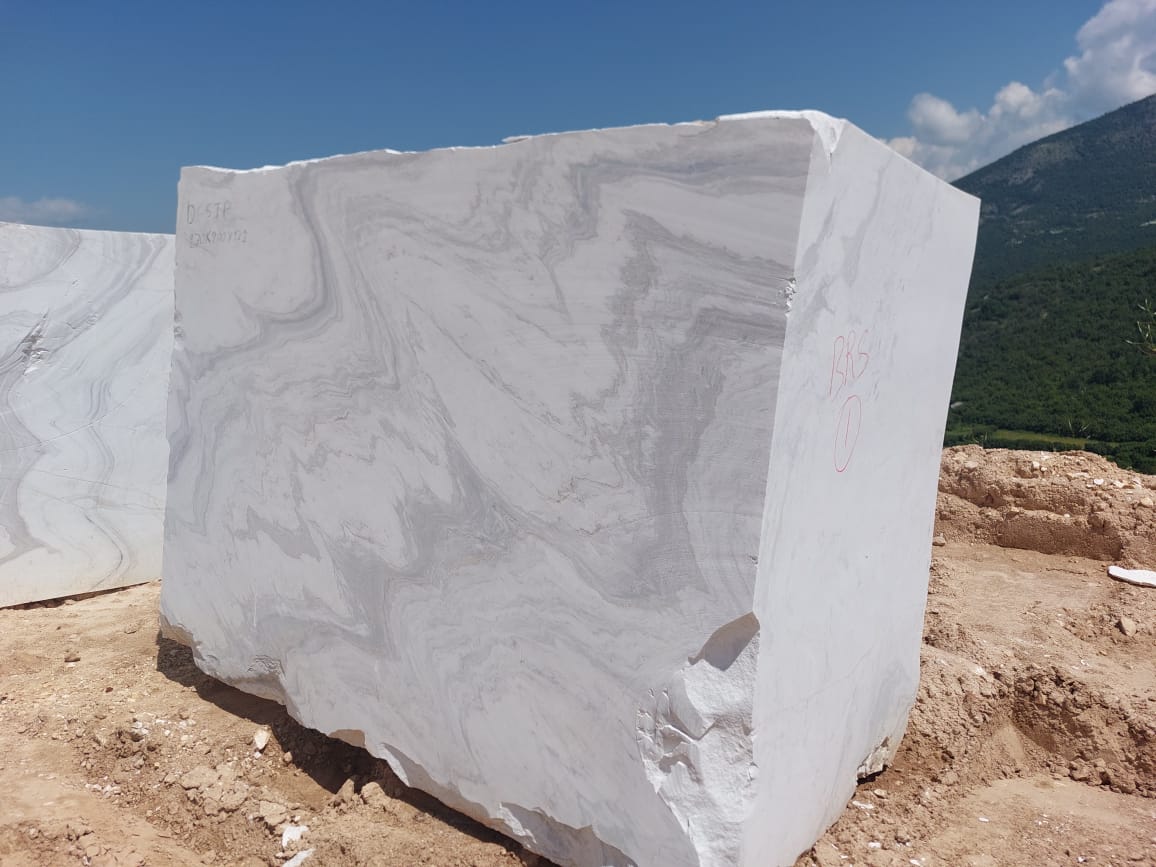
Blocks
Clay Bricks:
Clay bricks are traditional building materials known for their durability and aesthetic appeal.
Choose bricks with uniform size, sharp edges, and consistent color.
High-quality clay bricks should have low water absorption rates and meet relevant standards.
AAC Blocks (Autoclaved Aerated Concrete):
AAC blocks are lightweight, insulating, and environmentally friendly.
Look for AAC blocks with precise dimensions, smooth surfaces, and uniform density.
Quality AAC blocks should meet specified compressive strength requirements.
Hollow Concrete Blocks:
Hollow concrete blocks are used in construction for their lightweight properties.
Ensure that the blocks have uniform voids and thickness, and check for proper curing to maintain strength.
Glass Blocks:
Glass blocks are used for decorative purposes and allow light transmission.
High-quality glass blocks should be free from imperfections, such as bubbles or cracks, and have a uniform appearance.
Pavers:
Pavers are blocks used for exterior flooring, such as in driveways and walkways.
Look for pavers with consistent thickness, color, and strength.
Quality pavers should be resistant to weathering and have a durable finish.
Natural Stone Blocks:
Natural stone blocks, such as granite or limestone blocks, are used in various construction and landscaping applications.
Select blocks with uniform color, texture, and size.
Consider the specific characteristics of the stone, such as hardness and weather resistance.
Timber Blocks:
Timber blocks are used in construction, especially for retaining walls.
Choose high-quality timber blocks that are pressure-treated or naturally resistant to decay and insects.
Check for straightness, uniformity, and absence of knots or defects.
When selecting blocks for construction, it’s essential to consider factors such as the intended use, load-bearing requirements, weather exposure, and aesthetic preferences. Additionally, purchasing from reputable suppliers or manufacturers and adhering to relevant industry standards will help ensure the quality and performance of the blocks.
